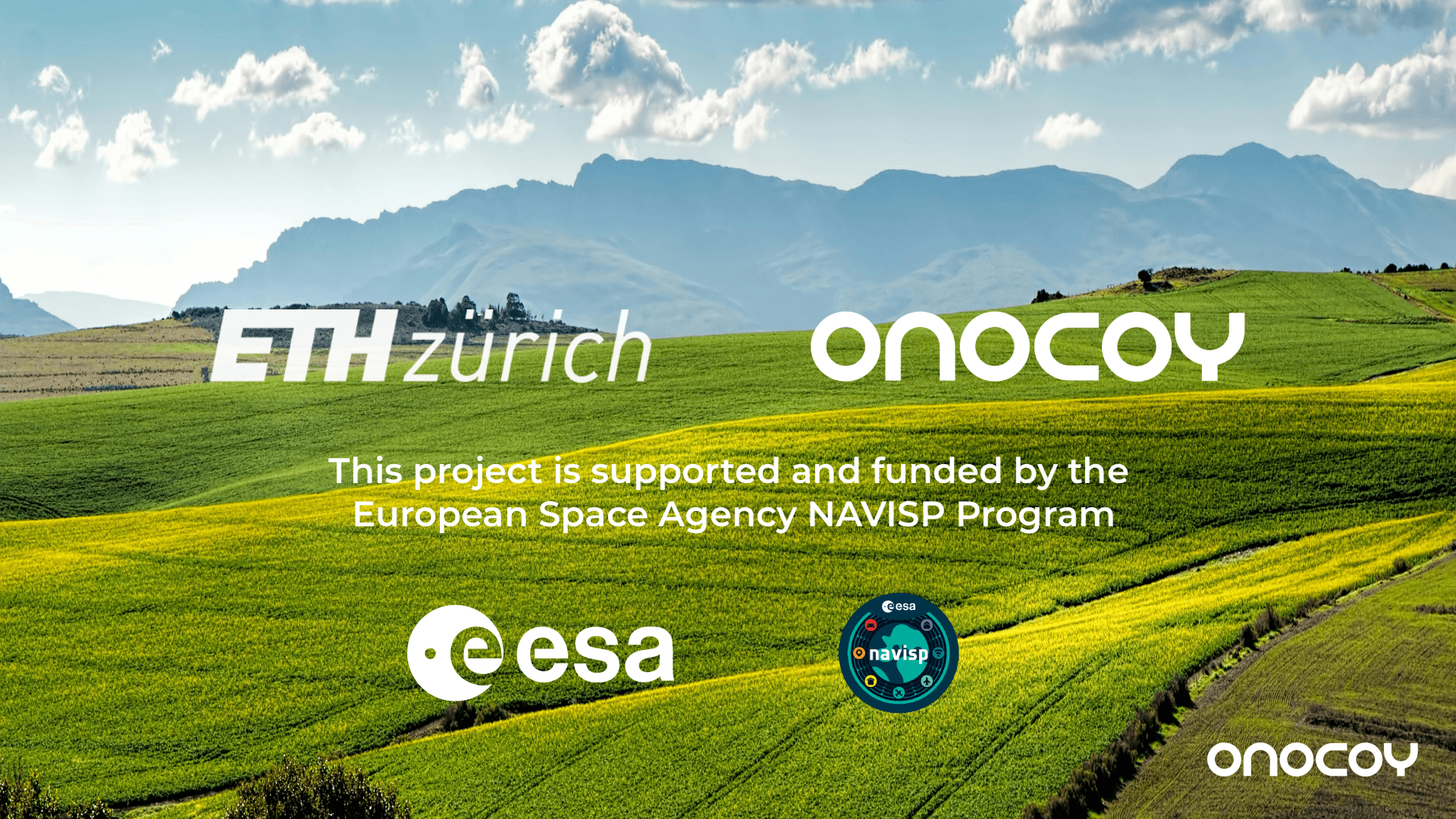
onocoy Secures $1.5M ESA Grant to Advance AI-Powered GNSS Fraud Detection
Jul 4, 2025
onocoy is proud to announce that it has secured an additional $1.5 million non-dilutive grant through NAVISP Element 2, the European Space Agency’s initiative to strengthen Europe’s leadership in Positioning, Navigation, and Timing (PNT).
This funding will accelerate AI-powered fraud detection for Global Navigation Satellite Systems (GNSS), a critical step in ensuring the integrity of community-driven infrastructure.
Fraudulent data injection — where bad actors attempt to feed fake satellite signals into a network to earn rewards — is a growing risk in DePIN models. If left unchecked, fraudulent signals can undermine user trust, waste rewards, and compromise critical applications that depend on reliable GNSS data, from precision agriculture to autonomous transportation.
To address this, onocoy is combining traditional verification methods such as geographic consistency tests and signal quality validation with machine learning approaches developed in collaboration with ETH Zurich, Europe’s leading technical university. By analyzing hundreds of variables per second from thousands of stations, AI models will be trained to recognize the subtle, natural imperfections of real GNSS signals — making it far harder for synthetic data streams to pass unnoticed.
This pioneering project brings together a distinguished team of experts, including:
Prof. Benedikt Soja (Space Geodesy, ETH Zurich)
Rodrigo Leandro (GNSS technology executive, u‑blox)
Alejandro Pérez Conesa (Assoc. Professor, Universitat Autònoma de Barcelona)
Together with ESA and ETH Zurich, onocoy is building a transparent, resilient, and fraud-resistant GNSS data-sharing network designed for global adoption.
"This grant enables us to combine deep GNSS expertise with cutting-edge AI to set the highest standards for trust in decentralized infrastructure," said Daniel Amman, co-founder of onocoy. “By keeping data honest, we ensure that rewards flow to genuine contributors and that critical systems depending on GNSS remain accurate, secure, and reliable.”
